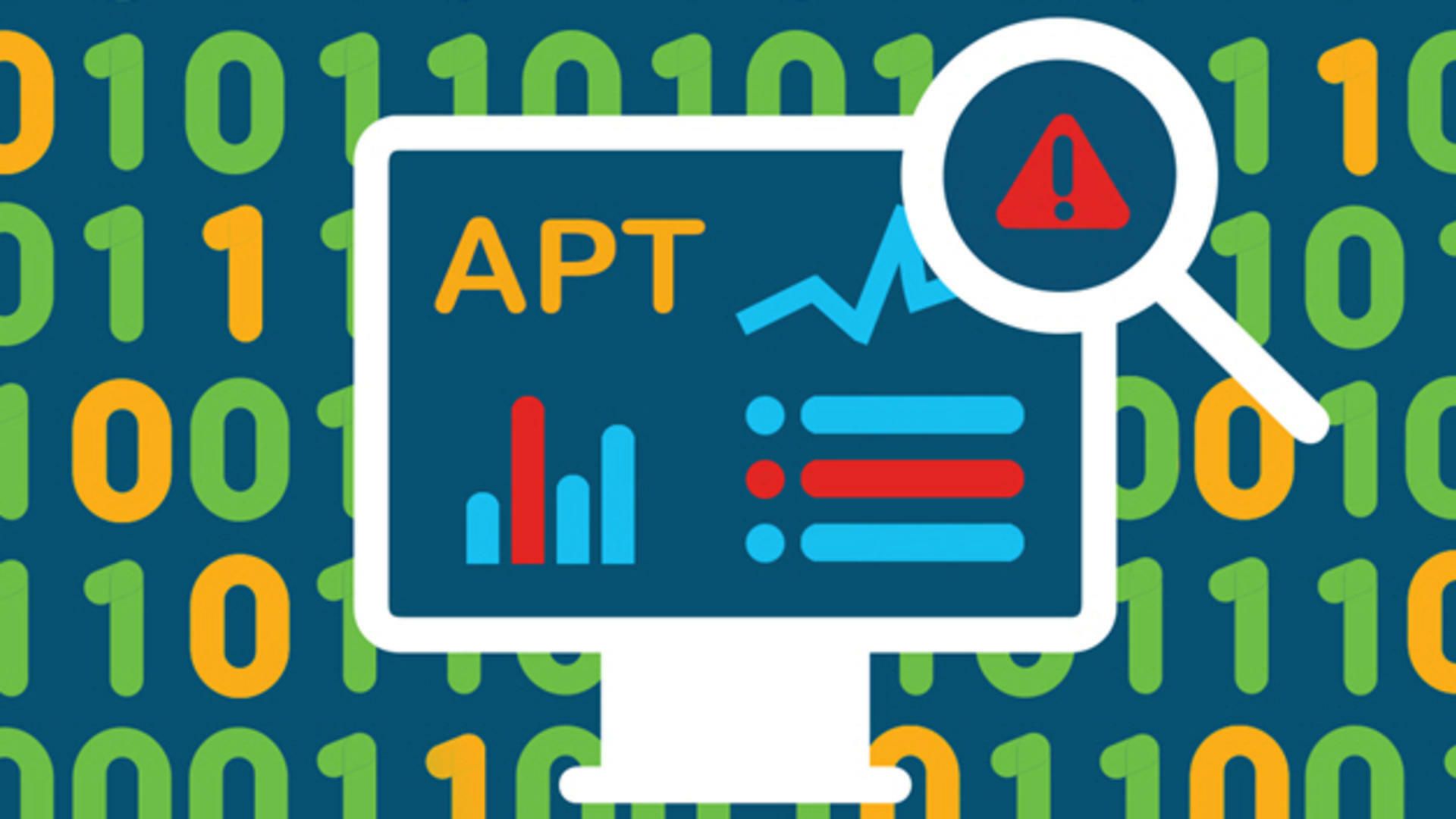Status of APT Attack in Vietnam and how to prevent it
Currently, the computer network environment is growing day by day to serve the essential needs of daily life. Besides those developments, there are also many people who want to take advantage of the vulnerabilities of the computer network environment to steal information and use them for malicious purposes. Since then, the term Advanced Persistent Threat - APT was born. So what is APT? How is the APT attack in Vietnam currently? How to prevent it? The following article will answer those questions.
What is APT? Consequences of APT attacks
APT stands for Advanced Persistent Threat - a term used to describe a targeted attack. In particular, a hacker or a hacker group will establish an illegal and long-term presence on the network to exploit sensitive data. APT attacks often target private, public or both organizations for business or political motives. This offensive process requires a high level of confidentiality for a long time.
The targets of these attacks have been carefully selected and carefully researched, often involving large enterprises or government networks. The consequences of such intrusions are enormous, mainly:
-
Stolen intellectual property, typically trade secrets or patents.
-
Hacking private information, such as employee or user data.
-
Critical infrastructure is vandalized, such as an administration server or a database.
-
All sites lost control.
The APT attack phase
- Phase 1: Initial penetration
Businesses are often compromised through routes such as web applications, network resources or employee carelessness. In the beginning, the attacker will often upload malicious files through web breaches, network applications or through phishing attacks.
Additionally, an attacker can simultaneously execute a DDOS attack against the target. This is often used to distract administrators, making them less alert.
After gaining initial access, the attackers quickly installed backdoor shell malware that allows remote network access and remote attack control. Backdoors can also appear as Trojans hidden as legitimate software.
- Phase 2: Expanding the scope
After gaining control of the target network, the attacker switches to extend its control over the target network.
An attacker will scan other systems in the target network, collect employee information, spread malicious code to gain access to the most sensitive data. In this way, an attacker can gather important business information, including product line information, employee data, and financial records.
Depending on the target of the final attack, the collected data may be sold to a competing company, modified and destroyed a company’s product line or used to occupy the entire organization. If the motivation is destructive, this phase is used to control important functions and control them in a sequence to cause maximum damage. For example, an attacker deletes an entire company’s database and collapses the network to extend data recovery time.
- Phase 3: Information exploitation
While an APT attack is taking place, stolen information is usually stored in a secure location within the compromised network. Once enough data has been collected, an attacker will extract them without being detected.
Usually, before attacking APT, hackers will use other attack tactics to create disturbances in the network security system to distract the security group of the enterprise, from which a lot of important information. Other will easily be stolen out. Such attacks could be a DDOS attack, weakening the site defense system, facilitating the exploitation of important information.
APT attack prevention solutions
-
Fix network software and operating system vulnerabilities as quickly as possible.
-
Encrypt remote connections to prevent intruders from taking advantage of them to gain access to your site.
-
Filter incoming emails to prevent spam and phishing attacks targeting your network.
-
Log security events to help improve listings and other privacy policies.
APT attack prevention solutions
This is just some of the information on APT attack prevention as well as how to attack APT that we want to share with e-commerce businesses. Hopefully, this information will be useful for information security for domestic and foreign businesses.
If you have any questions regarding email security, website security, Anti-DDoS solution, or Data Center services,… please leave a message, our experts will assist you.
